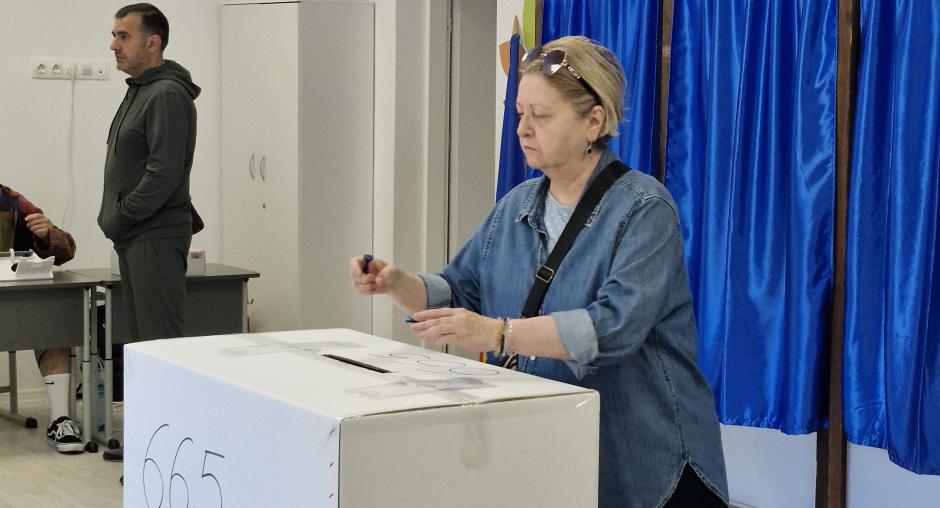Competitive Romanian presidential run-off, but campaign marred by hostile rhetoric and inauthentic behaviour online, international observers say

BUCHAREST, 19 May 2025 – In the strongly-contested second round of Romania’s repeat presidential election, fundamental freedoms of assembly and association were respected. However, defamatory rhetoric, biased media, and persistent inauthentic behaviour online, alongside regulatory gaps and fragmented responses by institutions, limited voters’ opportunity to make an informed choice and impacted public trust, international observers said in a statement today.
The joint observation mission from the OSCE Office for Democratic Institutions and Human Rights (ODIHR) and the OSCE Parliamentary Assembly (OSCE PA) found that technical preparations for the second round were professional and efficient, despite a continued lack of transparency in the work of the election administration. The legal framework regulates key aspects of the electoral process. However, for the second round, the rules on campaigning, campaign financing, and media coverage are ambiguous or lack sufficient detail, sometimes leading to inconsistent interpretation by political parties and candidates as well as a lack of oversight and transparency. Election day was generally calm, well-organized, and professionally conducted, while accessibility challenges persisted.
“In the second round of Romania’s presidential elections, an increased number of voters expressed their will in a calm and orderly atmosphere," said OSCE PA Special Co-ordinator Lucie Potůčková. "We welcome the authorities’ notable efforts to combat misinformation and online abuse. Nevertheless, these elections have highlighted the need for continued work on the complex electoral framework, in accordance with OSCE commitments and international standards.”
The period between the first round and the start of the second-round campaign was not regulated. In practice, candidates and political parties resumed campaigning immediately, with political materials lacking official labelling and broadcasters airing unmarked election-related content. Several first-round candidates and political parties publicly endorsed one candidate, but some were uncertain about what activities were legally allowed when supporting the candidate during the official campaign period, impacting their political participation.
Rights to freedom of assembly and association continued to be respected, although the campaign environment was polarized and characterized by negative, hostile rhetoric against candidates that was often personal and aggressive. Messaging focused on ‘national’ versus ‘European’ values and economic, defence and social issues. The public broadcaster offered fairly balanced and neutral coverage to both candidates, but most private channels showed bias. The limited news coverage of the campaign and the lack of meaningful political discussion had a negative effect on voters’ ability to make an informed choice.
“As in the first round, continuing inauthentic behaviour online, aimed at amplifying or suppressing candidates’ messages, together with media bias, limited the opportunity for voters to make an informed choice,” said Eoghan Murphy, head of ODIHR’s observation mission. “Among political parties which didn’t have a candidate in the run-off, we also saw some uncertainty about the types of campaign support they could give, and this may have limited political participation in the second round."
There was a substantial increase in reported cases of disinformation and inauthentic behaviour. Platforms proactively removed some online content, but much remained accessible, and the transparency of their activities was limited. On their part, the authorities publicly responded to instances of disinformation and addressed a large number of complaints related to online campaigning. Still, the limited capacity of platforms and authorities to sufficiently respond to such behaviour had a negative impact on public trust.
The international election observation to the second round of the presidential election in Romania totalled 44 observers from 19 countries, composed of 37 ODIHR-deployed experts and long-term observers, and 7 parliamentarians and staff from the OSCE PA.
For more information, please contact:
Anna Jaroszewicz, ODIHR: anna.jaroszewicz@odihr.pl or +48 695 808 828
Nat Parry, OSCE PA: nat@oscepa.dk or +45 60 10 81 77
